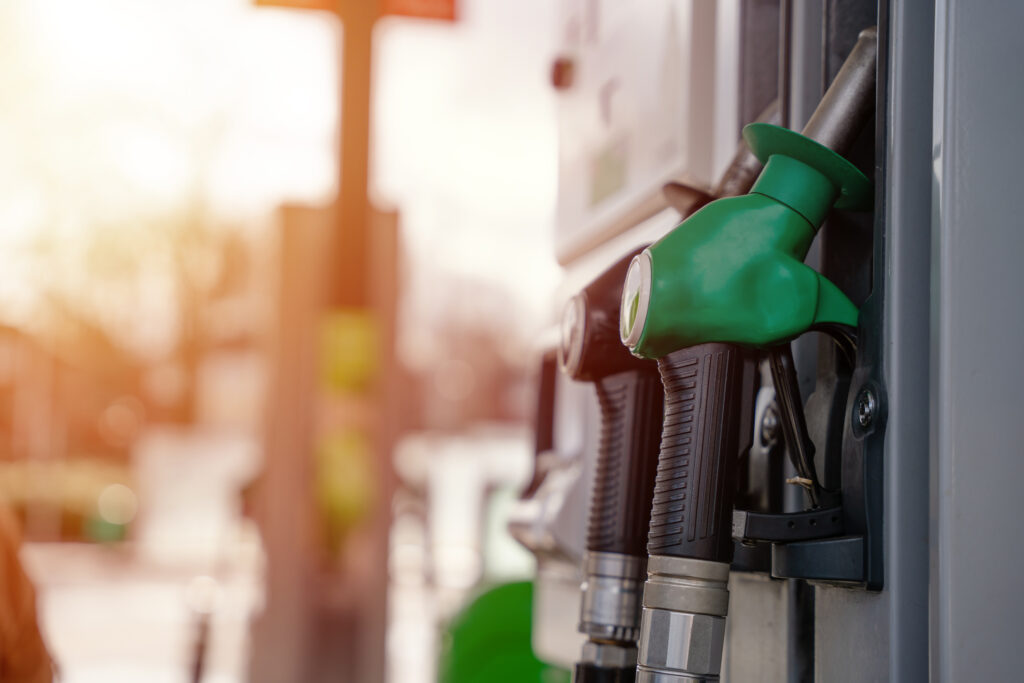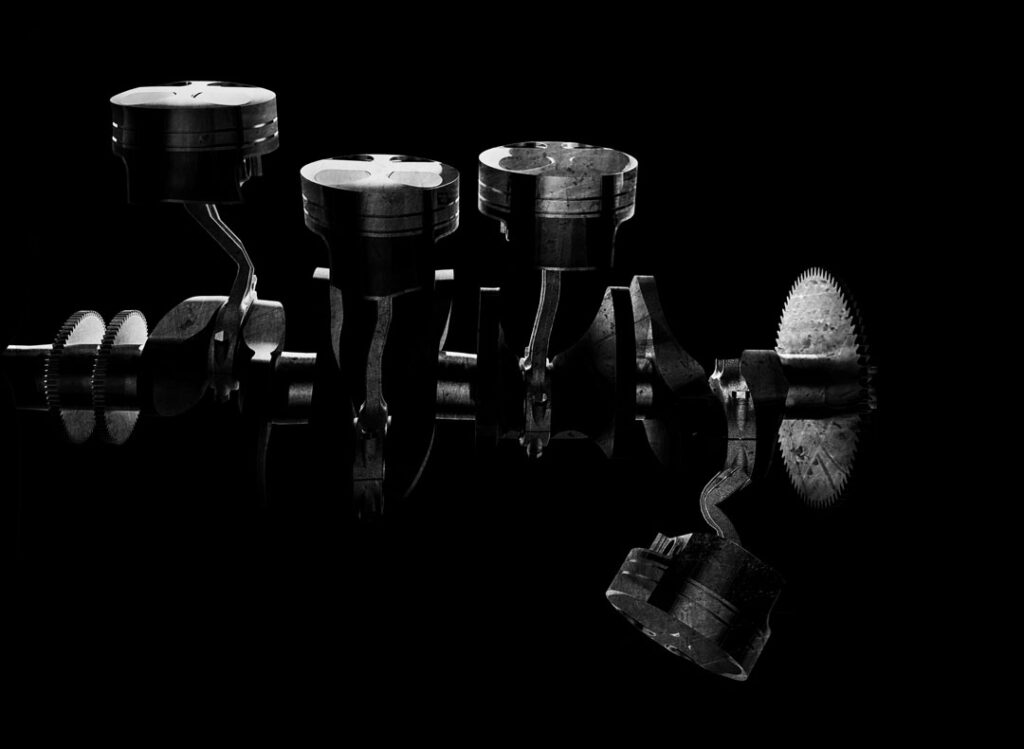NOTEBOOK: What’s the difference between biodiesel and renewable diesel?

JOE GARDYASZ Feb 20, 2020 | 8:18 pm
2 min read time
464 wordsBusiness Record Insider, Energy, The Insider NotebookI learned an important distinction in renewable energy terminology recently, and thankfully got it right at the front end of writing an article — and not as a correction.
As I was writing about Renewable Energy Group Inc.’s cancellation of its plans for a new renewable diesel plant on the West Coast, it occurred to me that I had automatically inserted the term “biodiesel” in the headline to describe the plant. But taking another look at the news release, I saw that REG had consistently used the term “renewable diesel.”
“The difference between the two products is in the refining process,” said Scott Hedderich, REG’s executive director of corporate affairs. The process for producing renewable diesel is a “newish” one, having been added to the Renewable Fuels Standard in 2008, he said.
According to the U.S. Department of Energy’s Alternative Fuels Data Center website: “While renewable diesel is chemically similar to petroleum diesel, biodiesel is a mono-alkyl ester, which has different physical properties and hence different fuel specifications.” The two fuels are also produced through very different processes, biodiesel being produced exclusively from lipids such as vegetable oils, animal fats, grease and algae, whereas renewable diesel is produced from lipids and cellulosic biomass such as crop residues, woody biomasss and dedicated energy crops, according to the AFDC.
One of REG’s 10 U.S. facilities — its Geismar, La., plant — solely produces renewable diesel, while the other nine plants all produce biodiesel, Hedderich said. Currently, the Geismar plant is one of just three U.S. facilities that are dedicated to manufacturing renewable diesel, although the number of renewable diesel plants is “slowly growing,” he said. One significant difference between the two technologies is that the initial capital cost to build a renewable diesel plant is much higher than to build a biodiesel plant, he noted.
Originally announced in fall 2018, the 250 million-gallon-per-year Ferndale Refinery project in Washington state would have resulted in the largest renewable diesel refinery on the West Coast. REG and its partner in the project, Phillips 66, said the project was canceled due to permitting delays and uncertainties.
“Although we are disappointed in this result, REG is undeterred and continues to develop numerous opportunities to grow our renewable diesel production,” Cynthia “CJ” Warner, Renewable Energy Group’s CEO, said in a statement.
Iowa’s first renewable diesel plant is currently under construction and is expected to open late this year. In February 2019, the Iowa Economic Development Authority Board approved $2.8 million in tax credits for ReadiFuels-Iowa to build a renewable diesel and jet fuel plant near Sioux City. That project, which has an estimated price tag of $58.7 million, is a joint venture of Applied Research Associates of Albuquerque, N.M., and C&N Biofuels, a subsidiary of Mansfield Oil Co. of St. Paul, Minn.









